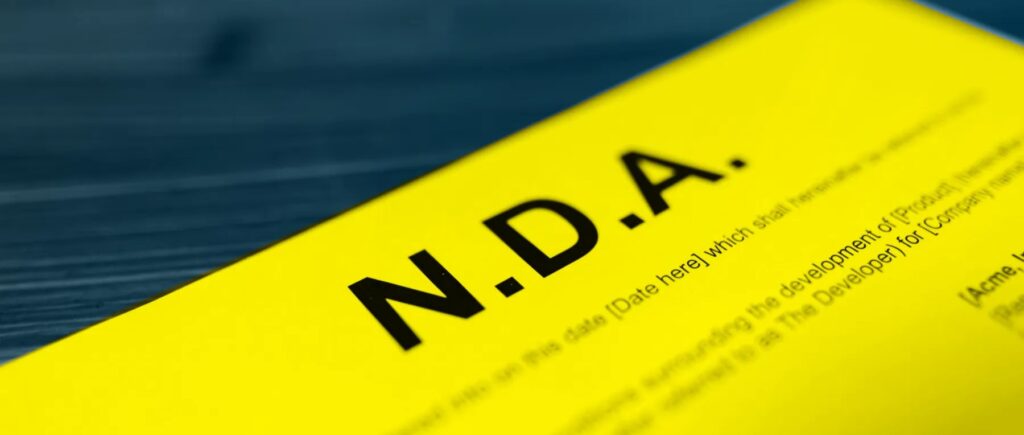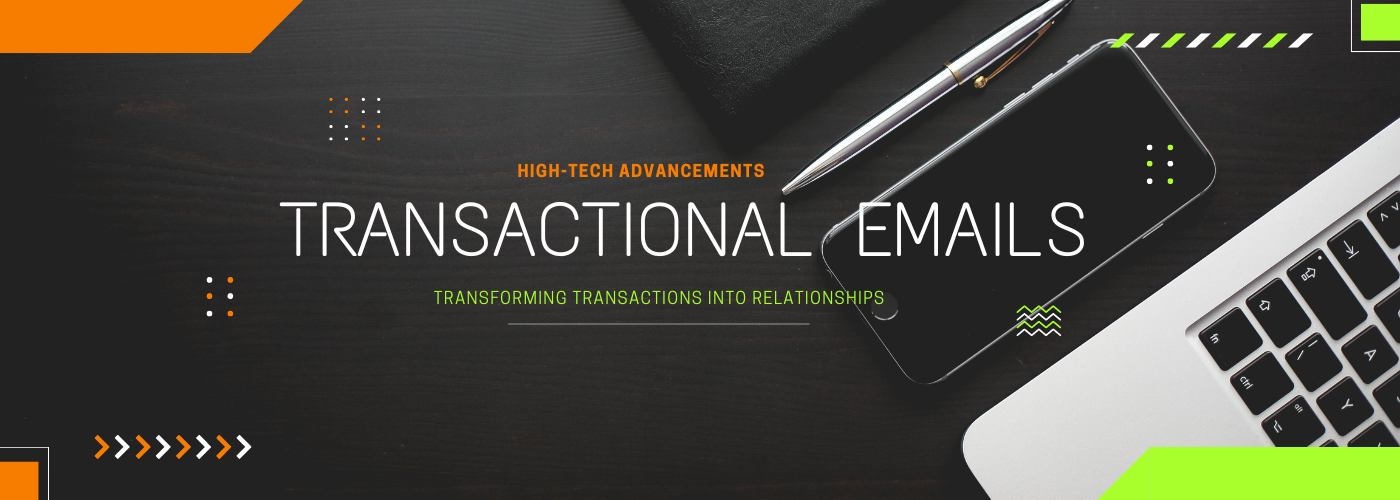Non-disclosure agreement: What is an NDA?

In today’s interconnected business world, sharing sensitive information has become unavoidable—whether you’re pitching to investors, onboarding employees, or collaborating with partners. A Non-Disclosure Agreement (NDA) serves as your legal shield, protecting your valuable business secrets from unauthorized disclosure. This comprehensive guide will walk you through everything you need to know about NDAs, including what they are, why they’re crucial for business success, and how to obtain reliable templates online.
What Is a Non-Disclosure Agreement?
A Non-Disclosure Agreement (NDA), also known as a confidentiality agreement, is a legally binding contract that establishes a confidential relationship between parties who need to share sensitive information. The agreement prevents the recipient from disclosing specified information to unauthorized third parties, creating a protective framework for valuable business assets.
At its core, an NDA serves three essential functions: identifying protected information, protecting sensitive data, and safeguarding patent rights. This legal contract creates the foundation for secure business relationships by clearly defining what information must remain confidential and outlining the consequences of unauthorized disclosure.
Key Elements That Make NDAs Effective
Every comprehensive NDA should include several critical components to ensure maximum protection:
Definition of Confidential Information: The agreement must clearly specify what constitutes confidential information, such as trade secrets, customer lists, financial data, marketing strategies, technical specifications, or proprietary processes.
Parties Involved: Complete identification of all parties, including full legal names, addresses, and their roles as either disclosing or receiving parties.
Scope and Duration: Clear specification of how long the confidentiality obligations will last and under what circumstances they might end.
Obligations of the Receiving Party: Detailed description of how the recipient must handle the confidential information, including storage requirements and permitted uses.
Exclusions: Specific information that doesn’t qualify as confidential, such as publicly available data or information independently developed by the recipient.
Consequences of Breach: Clear outline of penalties and remedies available if someone violates the agreement.
Types of Non-Disclosure Agreements
Understanding the different types of NDAs helps you choose the right protection for your specific situation:
Unilateral (One-Way) NDAs
Unilateral NDAs are the most common type, where only one party shares confidential information. These agreements are typically used when:
- Employers share sensitive company information with new employees.
- Companies disclose proprietary details to contractors or consultants.
- Businesses present confidential information to potential investors.
Bilateral (Mutual) NDAs
Bilateral or mutual NDAs protect both parties when they’re sharing confidential information with each other. Common scenarios include:
- Merger and acquisition discussions where both companies need to share financial data.
- Joint venture negotiations involving mutual disclosure of business strategies.
- Partnership agreements requiring exchange of proprietary information.
Multilateral NDAs
Multilateral NDAs involve three or more parties sharing confidential information. These complex agreements are useful for:
- Consortium projects with multiple stakeholders.
- Industry collaborations involving several companies.
- Complex negotiations with various parties.
Why NDAs Are Essential for Modern Business
The importance of NDAs cannot be overstated in today’s competitive business environment. Here’s why they’re absolutely crucial for protecting your interests:
Protecting Your Competitive Advantage
NDAs preserve your business’s competitive edge by preventing the disclosure of trade secrets and proprietary information that could benefit competitors. Companies invest significant resources developing unique processes, formulas, and strategies—NDAs ensure these investments remain protected.
Building Trust in Business Relationships
NDAs create a foundation of professional trust by demonstrating commitment to confidentiality. When parties sign an NDA, they’re making a legal promise to handle information responsibly, which facilitates more open and honest business discussions.
Facilitating Secure Information Sharing
NDAs enable safe collaboration by providing a legal framework for sharing sensitive information. Without this protection, businesses would be hesitant to disclose the details necessary for successful partnerships, investments, or collaborations.
Legal Protection and Recourse
NDAs provide clear legal remedies if confidentiality is breached. This includes options for injunctive relief to stop further disclosure, monetary damages to compensate for losses, and in some cases, criminal penalties under specific laws.
Regulatory Compliance
NDAs help businesses comply with industry regulations and data protection laws. Many sectors require strict confidentiality protocols, and NDAs formalize these requirements while demonstrating due diligence in protecting sensitive information.
Using Online NDA Templates: Benefits and Considerations
Yes, you can absolutely use NDA templates available online. Many reputable legal websites offer downloadable, customizable NDA templates that can save time and money while providing solid legal protection.
Benefits of Online NDA Templates
- Cost-Effective Solution: Templates eliminate the need for expensive legal fees for straightforward agreements, making NDAs accessible to small businesses and startups.
- Time-Saving Convenience: Pre-drafted templates allow you to create legally binding agreements quickly, without starting from scratch.
- Professional Quality: Many online templates are created by legal professionals and include all essential clauses for effective protection.
- Customization Options: Quality templates offer flexibility to modify terms based on your specific needs and industry requirements.
Important Considerations When Using Templates
- Ensure Legal Compliance: Verify that the template complies with laws in your jurisdiction, as requirements vary by country and state.
- Customize for Your Needs: Never use a template without modification—tailor the language to fit your specific situation and information being protected.
- Understand All Terms: Thoroughly review and understand every clause, especially regarding duration, scope, and consequences of breach.
- Consider Professional Review: For high-stakes situations or complex agreements, have a legal professional review your customized template.
How Perfect Doc Studio Simplifies NDA Generation
Perfect Doc Studio can make creating NDAs simple and efficient by removing the manual, repetitive work and giving you a smooth, error-free process. Here’s how:
1. Ready-to-use NDA Templates
- Access professionally drafted NDA templates that you can customize to suit your needs.
- No need to start from scratch — just choose a base template, and modify terms like confidentiality duration, jurisdiction, and obligations.
2. Entity-based Variable Management
- Instead of editing each NDA manually, you can store company names, parties involved, and other key details as global variables.
- Perfect Doc Studio automatically pulls these variables into the NDA, ensuring accuracy and consistency across all documents.
3. Simple Clause Customization
- Add or remove clauses (like mutual NDA, one-way NDA, penalty clauses) with just a few clicks.
- Perfect for tailoring agreements depending on whether it’s for employees, contractors, or external partners.
4. Collaboration & Approval Workflow
- Collaborate with legal or HR teams in real-time on the same NDA.
- Built-in approval flow ensures no document gets sent without necessary reviews.
5. Secure Document Handling
- Store NDAs safely with role-based access control so only authorized people can view/edit.
Final Thoughts
Non-Disclosure Agreements remain one of the most fundamental and cost-effective tools for safeguarding your business’s valuable information. Whether you’re a startup founder pitching your vision to investors, an established company collaborating with partners, or a small business working with freelancers, NDAs create the legal framework you need for secure, trustworthy information sharing.
Today, the availability of quality online templates has made NDAs easier to adopt than ever — and with tools like Perfect Doc Studio, the process becomes even more efficient. Perfect Doc Studio lets you create, customize, and store NDA templates in one secure, accessible system, ensuring you can generate and send a professional agreement in minutes, from anywhere. This eliminates the hassle of hunting through old files, reduces the risk of missing clauses, and ensures every NDA you send is consistent and up to date.
The key to success lies in understanding your specific needs, tailoring the agreement accordingly, and making NDAs part of a broader information protection strategy. With the right approach — and the right tools — you can protect your ideas, maintain trust, and move forward with confidence.
What is transactional email? What is it used for?
Transactional emails are those that are sent in response to something a user does on a website or ap
How will you choose Your Customer Communication Channels in 2023?
For a business that wants to keep as many customers as possible interested, you want to know what cu
Why CCM Belongs to CX, Not IT, in 2026
This blog unpacks why Customer Communication Management can no longer live solely in IT, and why 202




